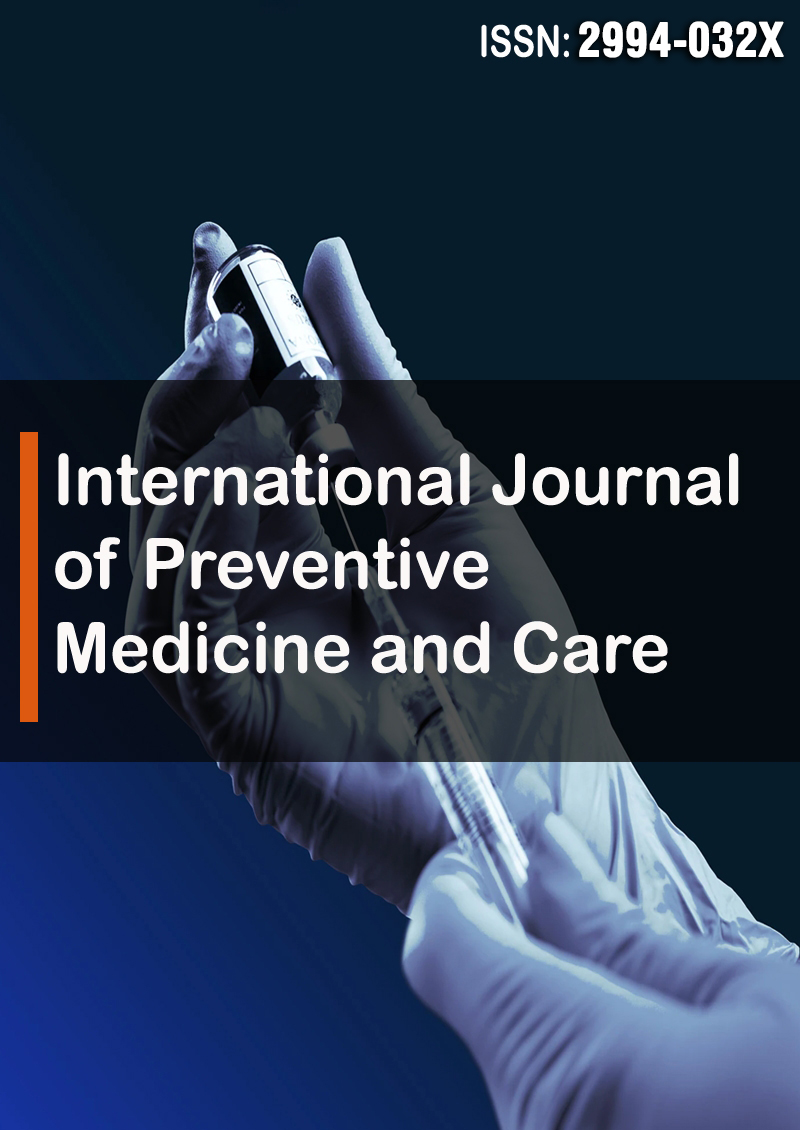Sanitation and Hygiene Practices of Meat Sellers in Markets in Abia State, Nigeria
Abstract
Uchechukwu Olive Iwuagwu, Agwu Nkwa Amadi, Blessed Okwuchi Nworuh, Chimezie Christian Iwuala, David Chinaecherem Innocent, Michael Okwudiri Ikeanumba and Mary Onyinyechi Okorie
Background: Globally in recently increased attention has been directed toward the critical role played by meat handlers and sellers in maintaining food safety standards, particularly in the context of low- and middle-income countries. The handling, processing, and sale of meat products are integral components of the food industry, and the practices employed in this sector have profound implications for the health and well-being of consumers. This study was carried out to determine the sanitation and hygiene practices of meat sellers in markets in Abia State, Nigeria.
Methods: This research involved the use of a Hazard Analysis Critical Control Point (HACCP) checklist to investigate the sanitation and hygiene practices of meat sellers. A total of 425 meat samples collected from 425 meat sellers from some randomly selected markets in Abia State were used for the study. The multistage simple random sampling technique through balloting was employed to determine communities/markets for the study. Statistical Package for social Sciences (SPSS) version 23.0 was used for the analysis.
Results: The sanitation and hygiene practices of the meat sellers were poor and fall below the HACCP Good Hygiene Practise standards. Only a percentage of (16.70%) reported wearing proper clothing, such as aprons and hair restraints, which are essential for preventing contamination of meat. Similarly, a low percentage (12.47%) of meat handlers reported wearing hand gloves. The majority (83.29%) reported not wearing proper clothing. Similarly, a large proportion (87.52%) of meat sellers reported not wearing hand gloves, and (81.88%) reported not having access to wash-handing basins with running water, both of which are critical measures for maintaining hand hygiene during meat handling.
Conclusion: The study revealed that the meat handlers in the study areas did not comply with HACCP standards of operations checklists. The observed failure of meat sellers and handlers to meet the required Process Hygiene Criteria during critical stages like slaughter, dressing, and other production processes at the time of sampling raises concerns regarding the potential for contamination and cross-contamination of meat offered for sale. It is recommended that meat sellers undergo proper training and regularly update their knowledge of meat safety.



